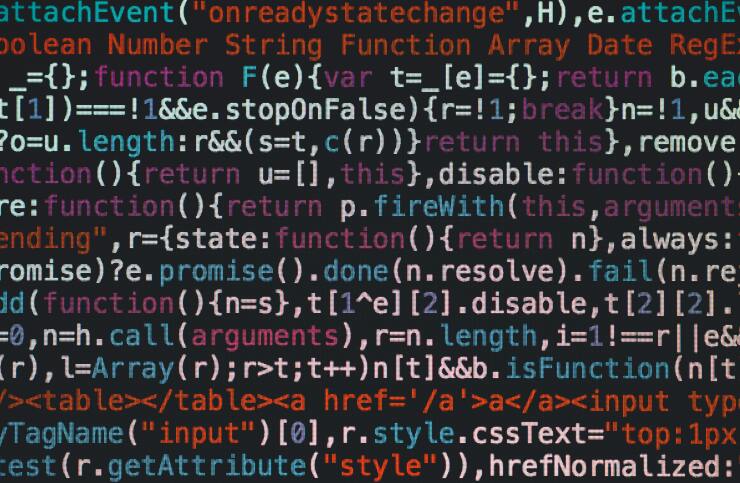The time has come again for investors to test their mettle in terms of trusting the ability of artificial intelligence (AI) to underwrite marketplace consumer loans safely and profitably.
Pagaya Investments US is approaching the market with a $675 million securitization of unsecured marketplace consumer loans, following $224 million and $639 million securitizations earlier this year. The Israeli company has completed 16 securitizations since 2018, with 12 comprising unsecured, marketplace loans.
Kroll Bond Rating Agency (KBRA) gives the Pagaya AI Debt Selection Trust 2021-3 (PAID 2023-3) deal a ‘A-’ rating on its $496.5 million class A tranche that has initial credit enhancement (CE) of 34.3%. The $83.25 million, class B portion, with CE of 23.2%, is rated ‘BBB-’, while the class C piece holding CE of 10.5% is rated ‘BB-’.
Investors in the deal will rely on Pagaya’s data analytics and AI capabilities to underwrite the loans it purchases from several lenders, including LendingClub Bank, Prosper Funding and Avant.
“Pagaya does not rely on the Platform Sellers’ credit criteria when selecting loans for purchase and instead selects loans using a proprietary and independent credit analysis model utilizing machine learning technologies,” KBRA noted in a September 7 pre-sale report. The report added that “the model analyzes each loan prior to selection for purchase to assess its quality, risk-adjusted expected return, and probability of default.”
Those loans include custom transactions that the platforms originate specifically for Pagaya and may not meet traditional underwriting criterial, such as minimum FICO and DTI. KBRA says the loans carry higher risk, but “Pagaya believes it has the ability to properly grade such loans and that these loans offer a better investment opportunity than those purchased through the competitive investor channels.”
Since no loans will be funded in the transaction at closing, investors must rely on Pagaya purchasing enough loans during the six-month pre-funding period that meet specified eligibility criteria and concentration limits.
KBRA states that since Pagaya began purchasing loans in 2016, it has limited historical performance data using its proprietary scoring model. The rating agency analyzed a portfolio of Pagaya loans which included a limited number of vintages that completed a full loss cycle for 36-month loans and no vintages that completed a full loss cycle for 60-month loans. Given the lack of full amortization and loss profiles of the loans, KBRA also used proxy data for comparison and to analyze base-case loss assumptions.
“Historical data is considered the best indicator of future performance therefore the limited performance history and reliance on proxy data is a key risk relating to this transaction,” KRBA says.






